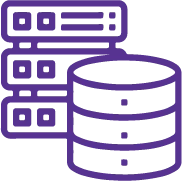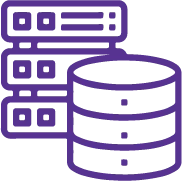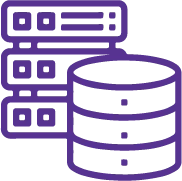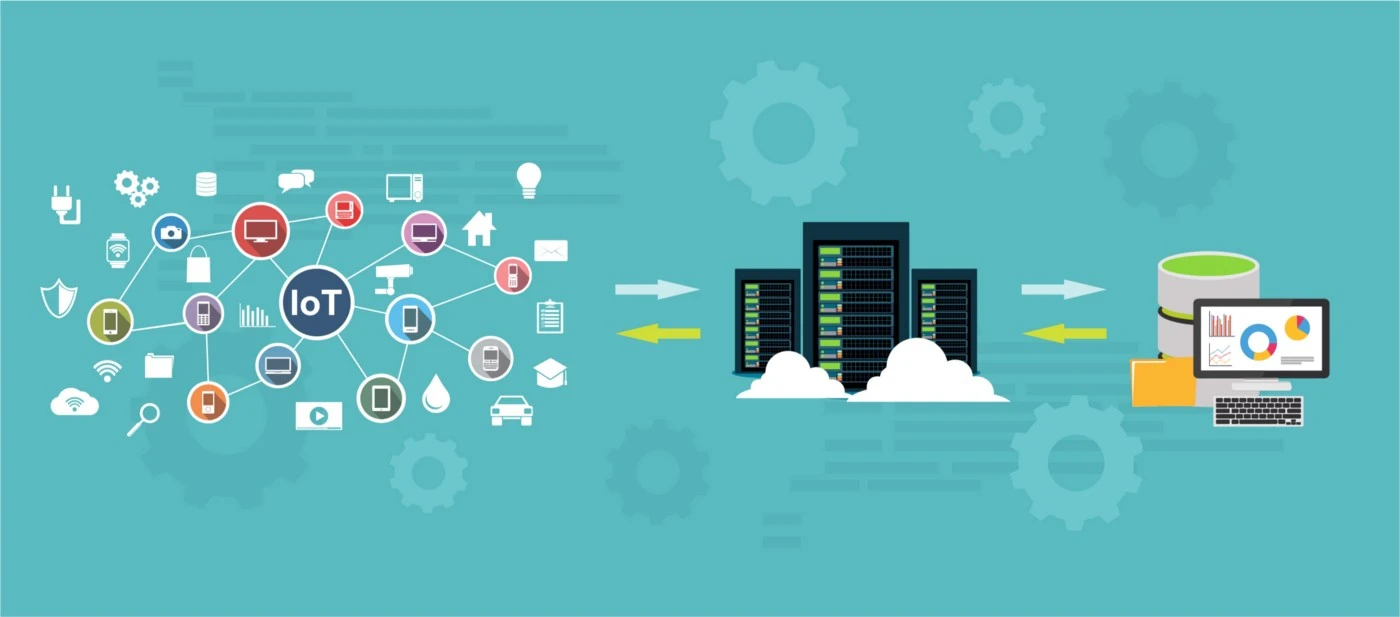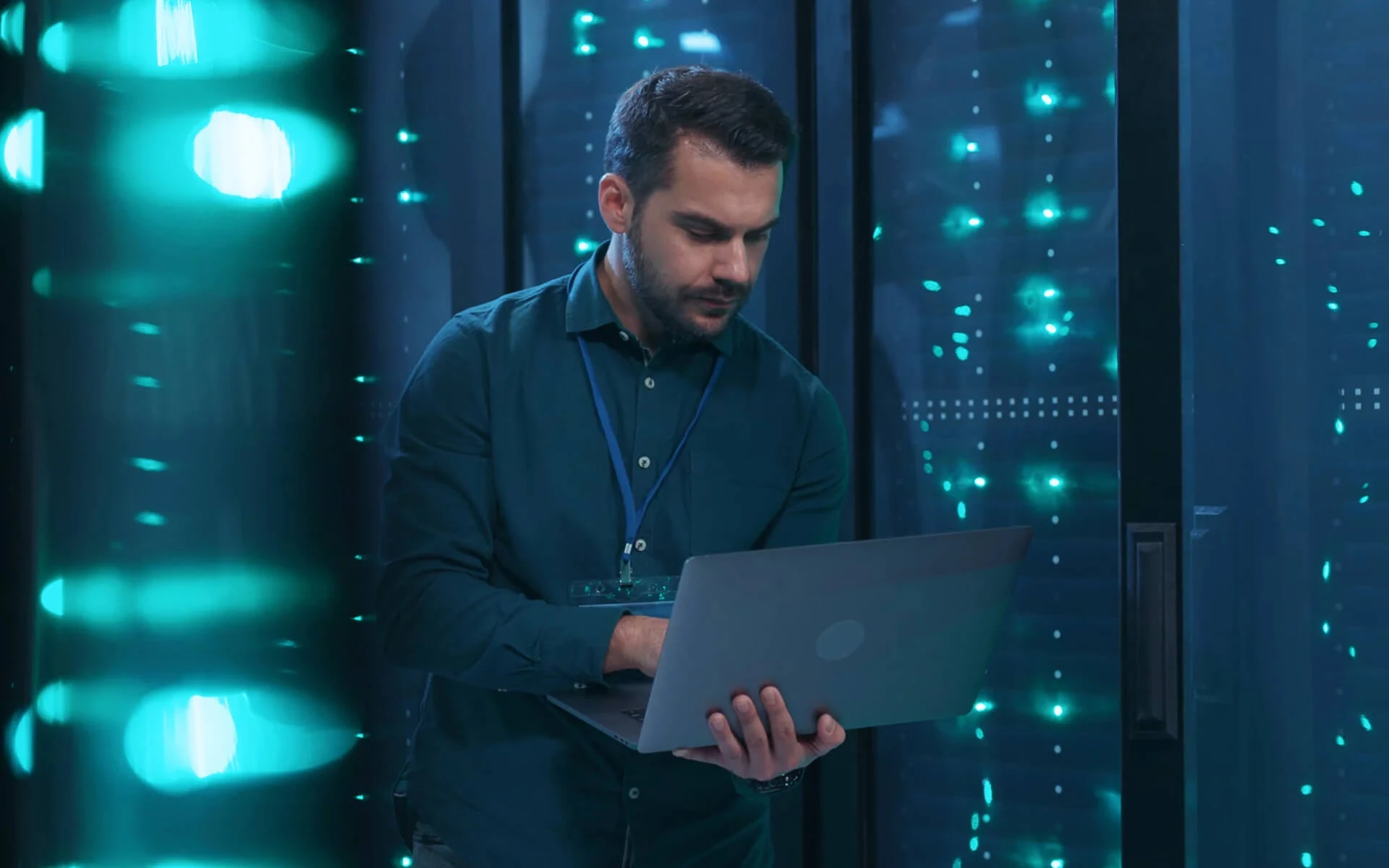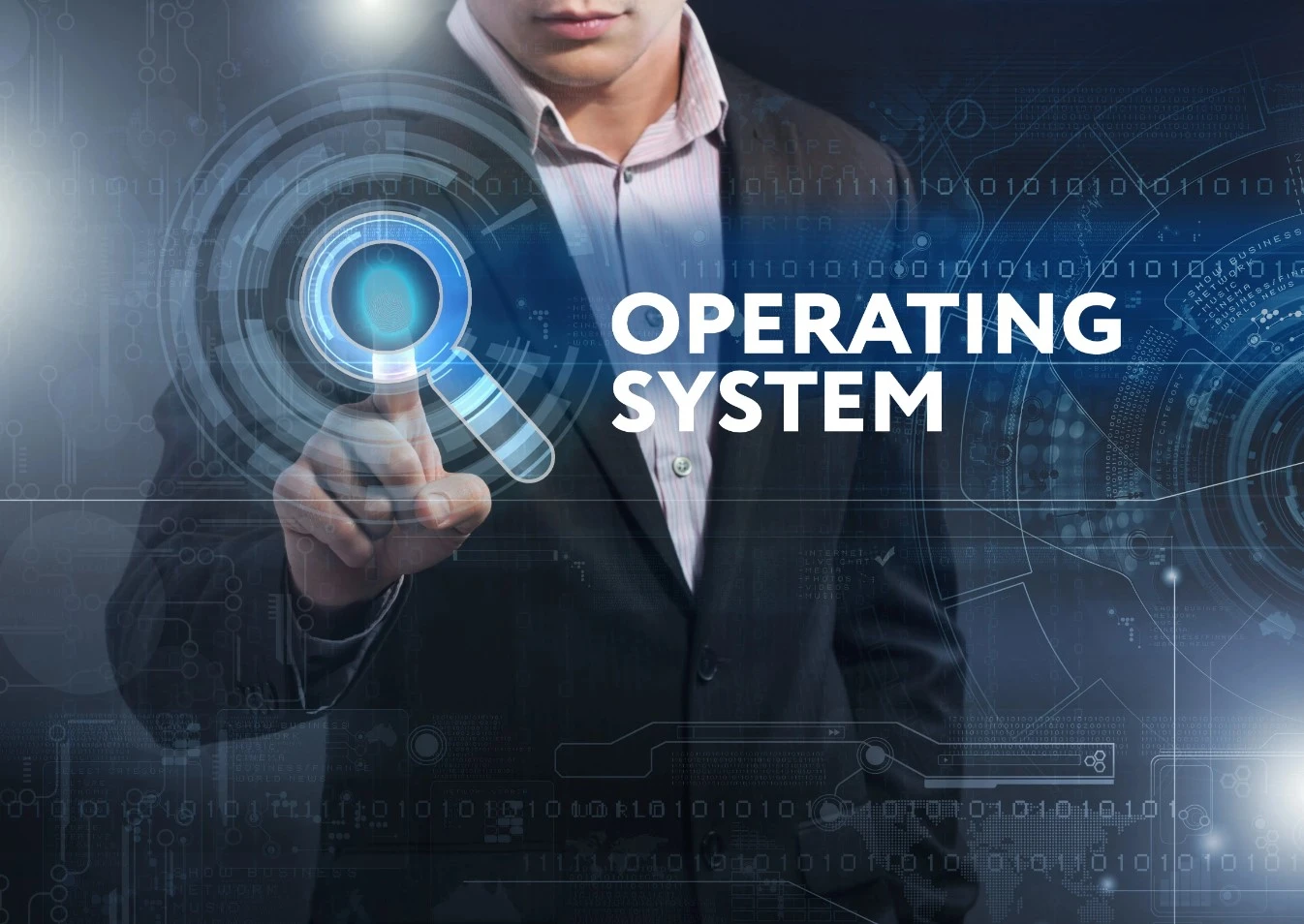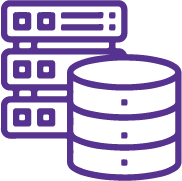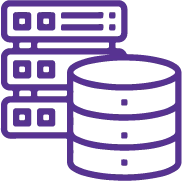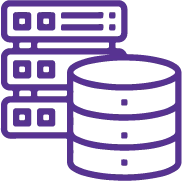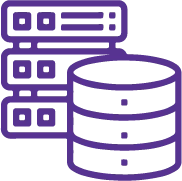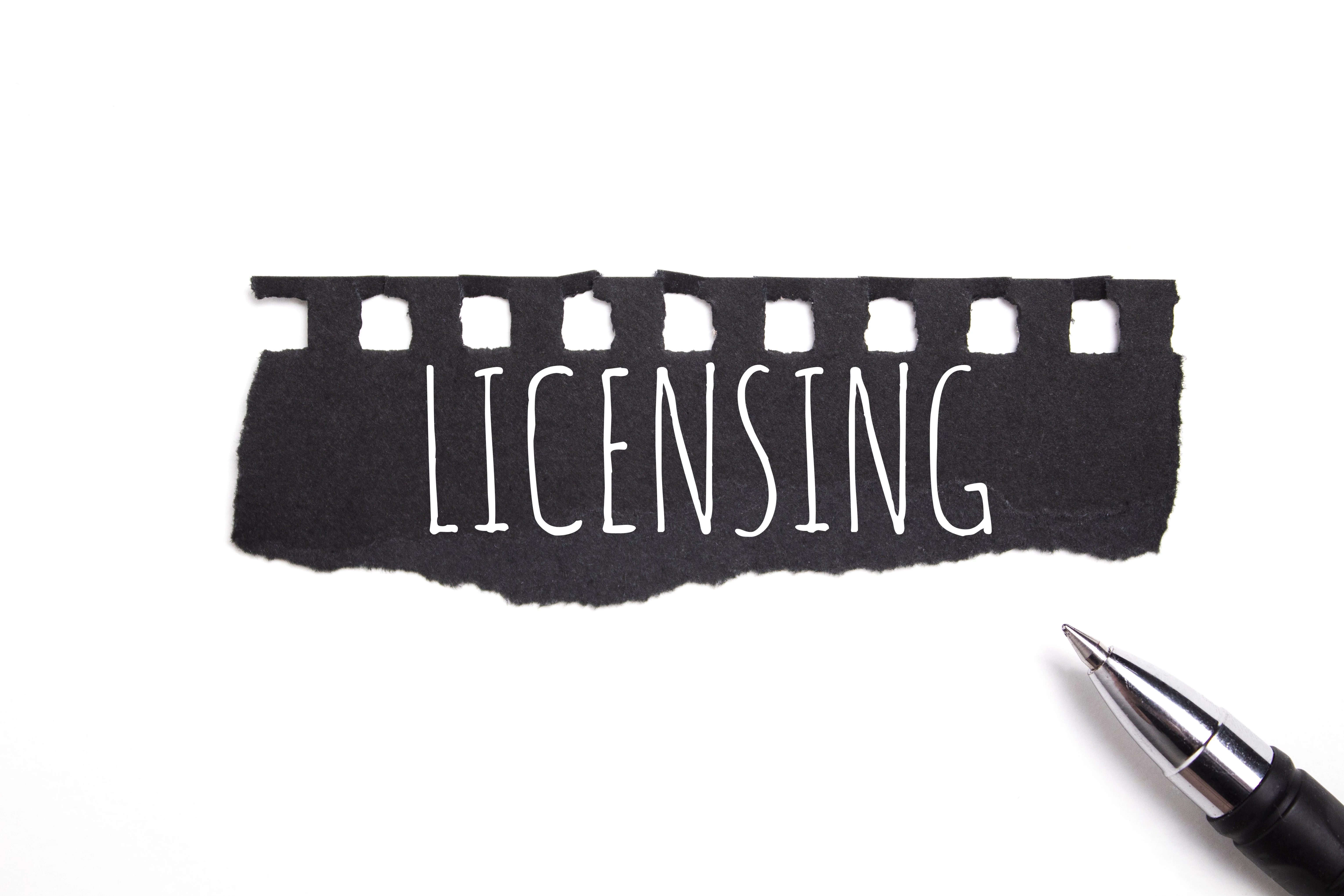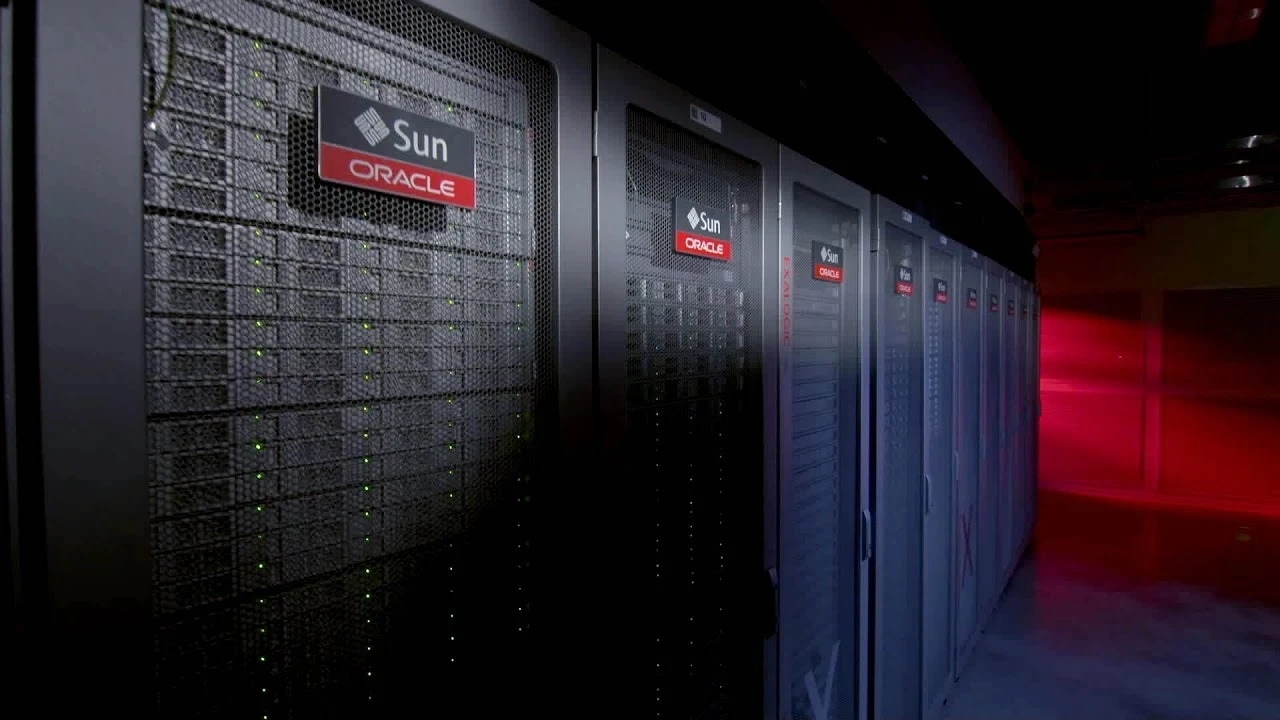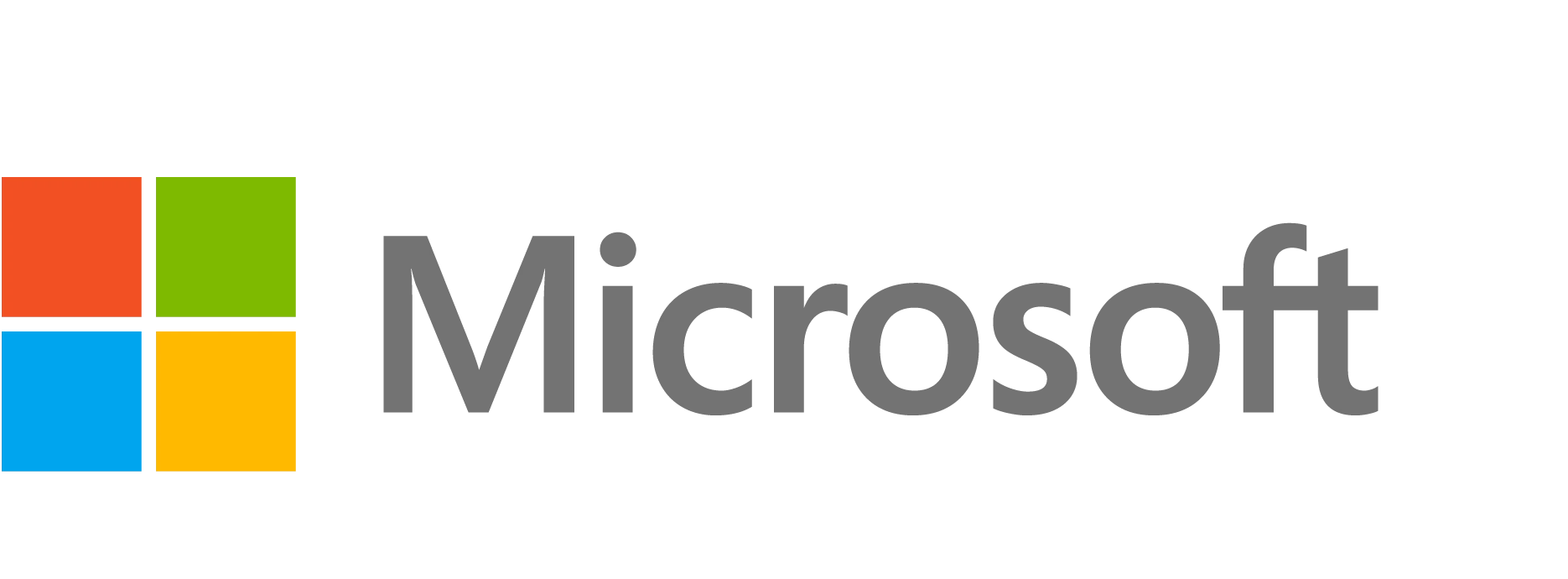This course provides knowledge and skills to implement the DevOps practices of continuous integration. Students will learn how to implement continuous integration in an Azure DevOps pipeline, how to manage code quality and security principles, and how to implement a container build strategy.
Objectives
After completing this course, students will be able to:
Explain why continuous integration matters
Implement continuous integration using Azure DevOps
Configure builds and the options available
Create an automated build workflow
Integrate other build tooling with Azure DevOps
Create hybrid build processes
Describe what is meant by code quality and how it is measured
Detect code smells
Integrate automated tests for code quality
Report on code coverage during testing
Add tooling to measure technical debt
Detect open source and other licensing issues
Implement a container build strategy
Prerequisites
Students should have fundamental knowledge about Azure, version control, Agile software development, and core software development principles. It would be helpful to have experience in an organization that delivers software.
It is recommended that you have experience working in an IDE, as well as some knowledge of the Azure portal. However, students who may not have a technical background in these technologies, but who are curious about DevOps practices as a culture shift, should be able to follow the procedural and expository explanations of continuous integration regardless.
Intended Audience
Students in this course are interested in DevOps continuous integration processes or in passing the Microsoft Azure DevOps Solutions certification exam.
Topics
Implementing Continuous Integration in an Azure DevOps Pipeline
Managing Code Quality and Security Policies
Implementing a Container Build Strategy
